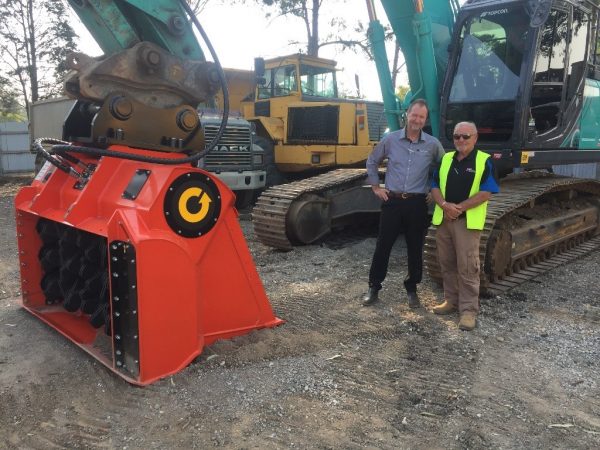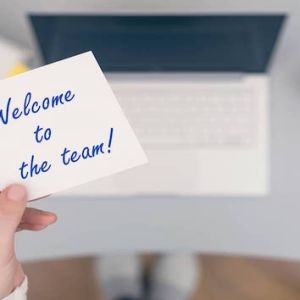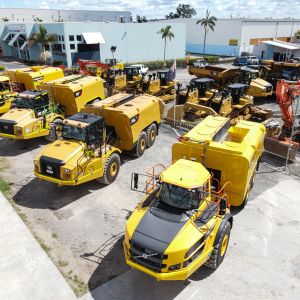![]()
In true Aussie spirit, it is fantastic to see us all wanting to help bush fire victims, albeit in different ways. Australians supporting Australians is an integral part of what makes our great society so resilient. Whilst it will take a while, we will rebuild, or even better, improve on what we had before this natural disaster. It might even relight our patriotic side and rekindle the old “buy Australian” ethos.

Unfortunately Australia has seen an exodus of industries and companies over recent decades. To make it even harder to pick Australian products, many quintessential brands (Vegemite, Ugg boots, most of our Aussie beers and many wineries, etc) have been taken over by foreign owners. Rather than invest time and money to build something as a greenfield project, it’s much easier and less risky for them to buy an existing company. Why can they outbid local buyers? There are several reasons, but the main ones are:
- Favourable exchange rates, making the company cheap compared to other investment options
- Beneficial tax arrangements that are not available to local companies
Whilst favourable exchange rates tend to be cyclical, the tax discrimination issue is a massive issue. It is also a huge drain of wealth from Australia. We all hear of companies such as Google, Apple, IKEA, etc paying very little or no tax in Australia, which shows very poor corporate citizen ethics and morals. In fact, according to the ATO, one third of Australia’s largest companies don’t pay any company tax in Australia. (Perhaps time we had a debate about a minimum tax on overseas companies of say 2% of turnover, but that’s an argument for another day).
It’s appropriate here to point out that just because a company is large doesn’t mean it is profitable. A loss making company doesn’t pay company tax, likewise there are legal ways to reduce taxes (such as carried forward losses from prior years). However, where we get riled up is when companies use versions of transfer pricing (show less profit locally and more in a lower tax jurisdiction) and other internal cost transfers (such as inflated Intellectual Property royalties or use of intercompany loans or support service costs), thereby loading up the Australian entities costs to avoid tax.
That’s why we believe it’s important to check that the companies you deal with not only produce the product in Australia but are also Australian owned. The problem is, neither of these things are easy to check, and there should be ratings applied to companies for this. X% Australian owned, Y% made in Australia (a bit harder to monitor) etc to help people make this decision. Claims like “dealing direct with the manufacturer” is in no way an assurance that the money stays in and benefits Australia, in fact, often the opposite is true. Unfortunately, the Australian Made logo is also something that can be bought (like the health tick) as a marketing gimmick and has been misleadingly used by some companies across our economy.
Like our company, a very large portion of our customers (earth moving equipment owners) are 100% Australian owned and operated, especially the small to medium sized businesses. They also re-invest in their business and employ people in Australia, and we are proud to support them.

Much like the overall automotive industry, there are very few products made for earth moving equipment in Australia. None of the major players are Australian owned, and most companies in our industry source virtually everything from overseas. According to the ATO, one of our industries largest players paid no company tax in 2017/2018 (most recent year of published results) despite making profits here.
RDW has always been proudly 100% Australian owned and operated. For a number of years, RDW has been working to try to increase the portion of our purchases in Australia. Whilst this has not been an altogether easy task, we are proud that over 70% of all our payables are paid to bank accounts in Australia. We believe this is a significantly higher portion than nearly every other company within our field in Australia.
How have we achieved that result? We consciously try to source whatever products we can in Australia. We get our components rebuilt in house or by Australian specialists (many competitor rebuilds are done overseas); do fabrication and repairs locally; we employ Australians (no overseas support centres, use local warehouses); buy machinery from local businesses; outsource IT services and other business support to Australian companies etc. A lot of this costs a bit extra, but we can provide better products and services more reliably as a sustainable benefit to our customers.
There are other companies in the industry that are also Australian owned. That means a larger portion of any money you pay them stays in Australia and gets circulated within our economy to everyone’s benefit. The next time you go to buy a machine or parts and components, why not ask them what portion of their business is Australian owned, and what portion of the items they sell are made or sourced in Australia? If they can’t tell you, clearly it’s not an important consideration for them.
All Australian companies truly need your support, especially in an uneven playing field. Just ask yourself what happens if one day, 100% Australian owned companies like RDW aren’t around any more to keep supporting our society.
In the meantime, let’s celebrate all that’s great about Australia on Australia Day, and especially support our local farmers and businesses by consuming plenty of their genuine Aussie products!
As always, onwards and upwards!
P.S. RDW is always looking to partner with quality focussed suppliers of value for money products. We have several niche style products requiring a manufacturing partner that would suit a flexible SME local business (mostly steel based products). If your Australian business meets this criteria, get in touch with us and let’s see what we can achieve together!
Fred Carlsson
General Manager




